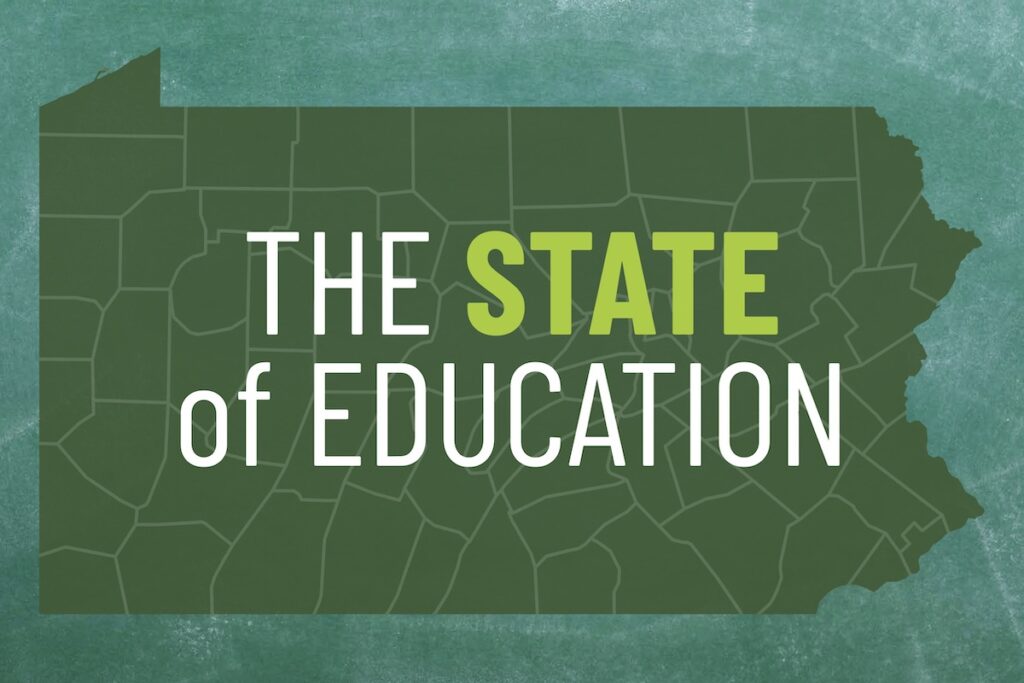
William Penn believed education was essential to the development of individual conscience and enlightened citizenship. Today, those ideals have shaped the educational landscape of the state, from rural towns to Center City Philadelphia, to the state capitol, and even the Noble Hill.
Today, Pennsylvania has more than 1.7 million students enrolled in K-12 programs. To serve these students, there are 500 school districts, over 160 charter schools and 14 cyber-charter schools spread across the Commonwealth. Institutions of higher education add 157 public and private colleges and universities to Pennsylvania’s educational options (115 in the Philadelphia region alone). The Keystone State ranks 4th in the nation, according to worldatlas.com, in the number of colleges and universities.
From the earliest days, private church-affiliated academies and colleges shaped the educational culture in Pennsylvania and beyond. However, by the mid-1800s the idea of public education, which included K-12 and higher education, took root. Once the movement toward public education for all citizens was established, it would dramatically affect the social and economic choices available to Pennsylvanians, similar to how the GI Bill, enacted after World War II, would do the same for veterans.
Just as many elementary schools were founded to educate elite children from a particular religious organization or ethnic heritage, institutions of higher learning followed a similar trajectory. However, during the 1700s, new ideas about nature, science and politics helped create a more universal, egalitarian college. In the 19th century, colleges began offering doctoral degrees in professional fields such as medicine and law. In 1921, Harvard University established the first Ed.D. program in the United States.
With the Roaring Twenties padding pockets, the expanding middle class propelled opportunities for higher education, not just for men but for women too. It was during this time, 1920 to be exact, that Immaculata became the first Catholic college for women in the Philadelphia area. Education was one of Immaculata’s founding academic programs and continues to be one of the most popular majors today.
With the intention of improving the professional lives of students, the IHM Sisters’ ministry of education expanded in 1983 with the first master’s programs offered, including a Master of Arts in education. Eight years later, Immaculata established a doctoral program in educational leadership and administration in response to the changing degree requirements for top posts.
Specifically, superintendent positions typically require a doctoral degree due to the broad scope of their responsibilities. Overseeing the use of all facilities, property and funds of the school district requires a diverse skillset. Additionally, they supervise administrative staff and provide leadership in developing and maintaining comprehensive educational programs and services. School safety is becoming a more prevalent responsibility for superintendents.
Immaculata’s curriculum prepares students to master the business side of education, as well as adjust to the changing needs of their students. Nearly 30 years and 759 graduates later, IU’s graduates are teaching, developing curriculum, enhancing technology and serving as principals, assistant principals and superintendents across Pennsylvania.
William Penn would be proud.